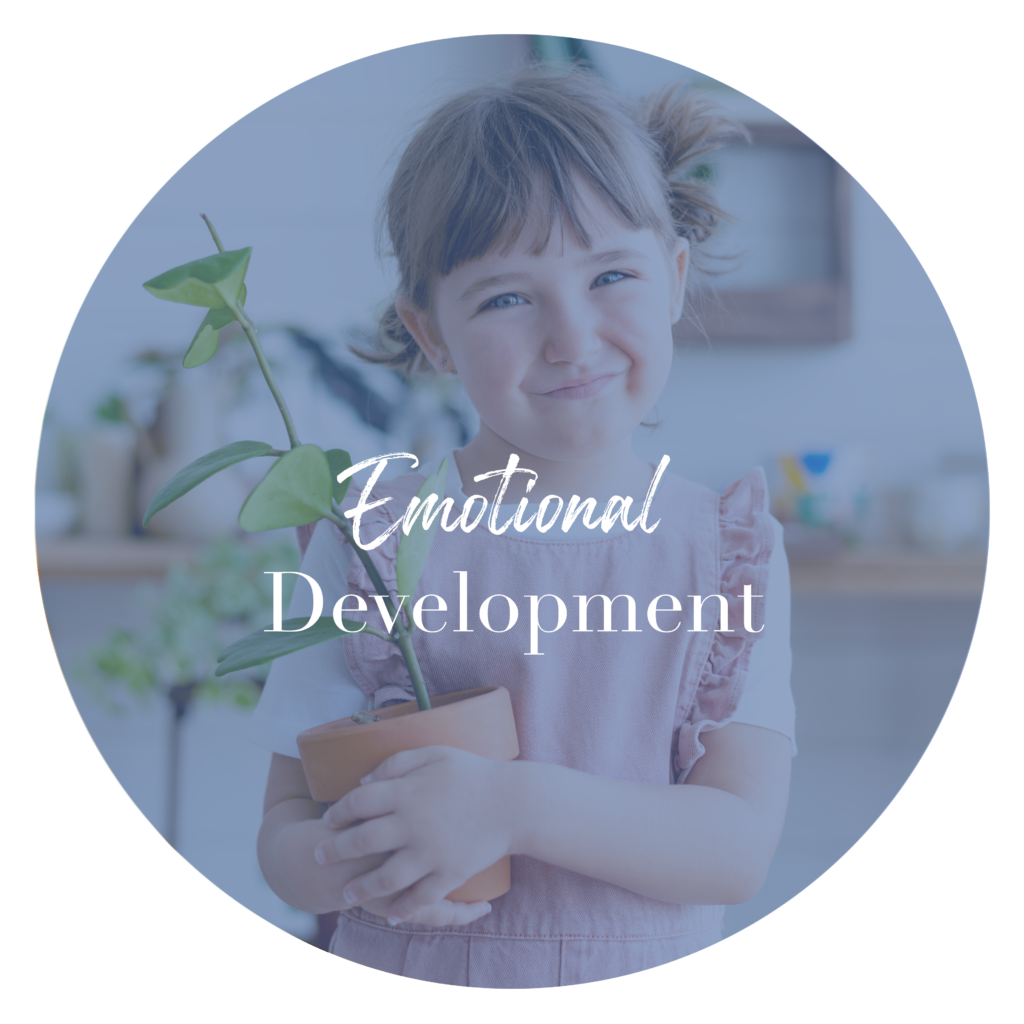“We confuse the ordinary lives of the majority of males with the lives of alpha and criminal males” (Gurian, M. 2017).
Frank discussions about affronts to boy’s mental health are long overdue. Put aside just for a moment, observations that highlight differences between girls and boys and don’t be tempted to be gender inclusive, so we can just think about what most boys need to be emotionally healthy.
AGGRESSION IS NORMAL BUT VIOLENCE IS NOT
Know that aggression is normal to boys and male culture, but violence is not. Aggression is natural in competition and establishing hierarchies among boys, or when strategizing to capitalize on strengths and game advantages. But physical actions, words, “looks”, or gestures meant to insult another’s core sense of self or right to self-hood, easily crosses the line into violence and triggers aggression to escalate out of control. So a strong, well-defined self-identity is protective to a male throughout childhood and adolescence when self-hood will be challenged often. Boys growing into adolescence require secure Attachment relationships from an increasingly wider array of men in their immediate family or community, in order to view the impressive combinations of knowledge, skills and aptitudes among the adults they know.
LEVERAGE NATURAL INTERESTS
Today’s boys need relationships which leverage their natural interests in technology, solving puzzles, creativity in construction, measuring and remeasuring their growing skills by using competition, goal setting, and predicting/critiquing game theory found in team sports or video games. “Shoulder to shoulder” activities with adult males can result in profound reflective statements from young boys because casual conversation allows “leading and following” equality, in those moments.
SUFFERING
Its true for all children and youth, that the best home and school environments have no abuse, no neglect, and no huge drama. But boys are really suffering with; learning failure (on average they learn to read later than accepted grade standards), medication (USA estimate is 40% of boys on ADHD meds are misdiagnosed or over-medicated), and reduced motivation (depression in boys can look more like alcohol/drug use, vaping/smoking, poor nutrition, videogame addictions, concussions, school violence, and long-term low-grade emotional numbness). That’s a long list!
Here is the litmus test: If you can sit and enjoy an evening with your son hearing about his deepest, darkest fears but also his loftiest, most uplifting aspirations, you’ve got the open communication you need for his mental health. More on gender issues later.
Look for “Basketball or Nothing” on Netflix to leverage technology, with a boy you care about. Inspirational movies can promote a healthy self-image in the face of life challenges. Emotional Development – love this topic!
Devon Wolfe WolfeWisdom







